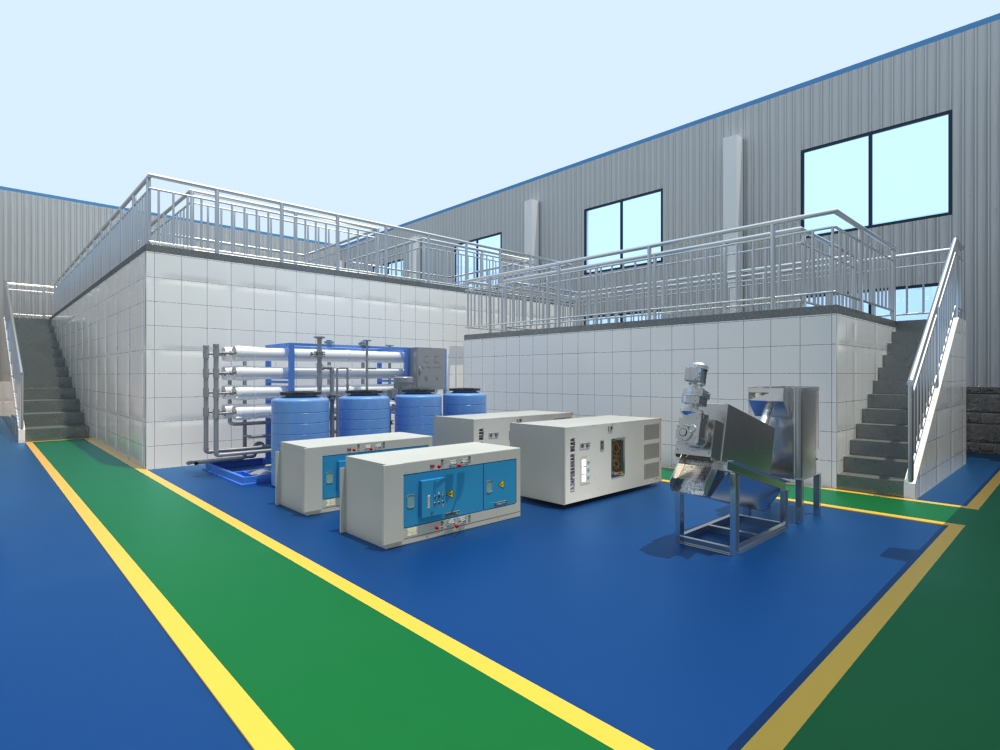
An overview of Oklin’s 20-ton per day composting facility; facilities are custom built to suit the needs and capacity requirements.

In order to be able to compost 20 tons of organic waste a day, this facility has a total of four GG600s composting machines paired with two pre-treatment systems to achieve that capacity.

Waste collection trucks enter the facility loading area onto the weighing scale and empties the organic waste onto the sorting platforms. Screw conveyors then move the food waste to the pre-treatment system. During the offloading process, aerosol misting is released to absorb and mitigate odours. Once organic waste has been emptied onto the receiving trays, the cover to the receiving tray seals to minimize odour.


Waste collection trucks can then enter the vehicle washing station after offloading organic waste. If totes were used to collect organic waste, there is also a tote washing station to ensure all collection totes are cleaned prior to being delivered back to clients’ locations.

The conveyor belt system from the sorting platform transports organic waste to the pre-treatment systems. The sorting belt on the left includes an automatic separation system while the sorting belt on the right includes a manual separation system where a staff member manually removes any visible contaminants from the feedstock.
The pre-treatment system includes an oil and water separator, a grinder and shredder and finally conveyor belts that transfers the organic waste into Oklin’s composting machine. Any wastewater generated through this process is diverted to the on-site wastewater treatment plant for further processing before being discharged.
 Oklin’s composters are built with stainless steel, but we have wrapped the composting machines with a special design for our clients. The set of four composting machines can handle up to 20 tons of organic waste each day, turning food waste into compost in 24 hours and reducing waste volume by 80-90%. Compost is removed from the machines on a weekly basis and sent to Oklin’s soil centre to convert the compost to an organic fertilizer that can be tailored to suit specific operations.
Oklin’s composters are built with stainless steel, but we have wrapped the composting machines with a special design for our clients. The set of four composting machines can handle up to 20 tons of organic waste each day, turning food waste into compost in 24 hours and reducing waste volume by 80-90%. Compost is removed from the machines on a weekly basis and sent to Oklin’s soil centre to convert the compost to an organic fertilizer that can be tailored to suit specific operations.

All of Oklin’s composting facilities include a state-of-the-art deodorizing system. During the aerobic composting system, exhaust from the composting machines first goes through a UV deodorizer, then to a chemical scrubbing system to further remove any malodour before being released into open air. Oklin’s deodorizing systems makes it feasible to build our composting facilities within city limits.

During the oil and water separation and grinding and shredding process, wastewater is generated and sent to the on-site wastewater treatment centre. Wastewater is treated to meet local discharge standards.

A bird’s eye view of Oklin’s 20-ton composting facility. Oklin’s composting facility is highly customizable where an increase in organic waste can be handled by adding more composting machines and pre-treatment systems.
